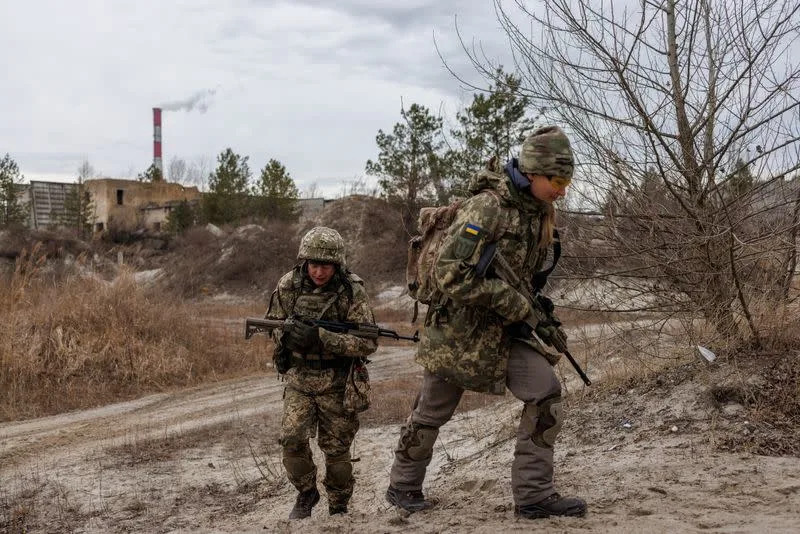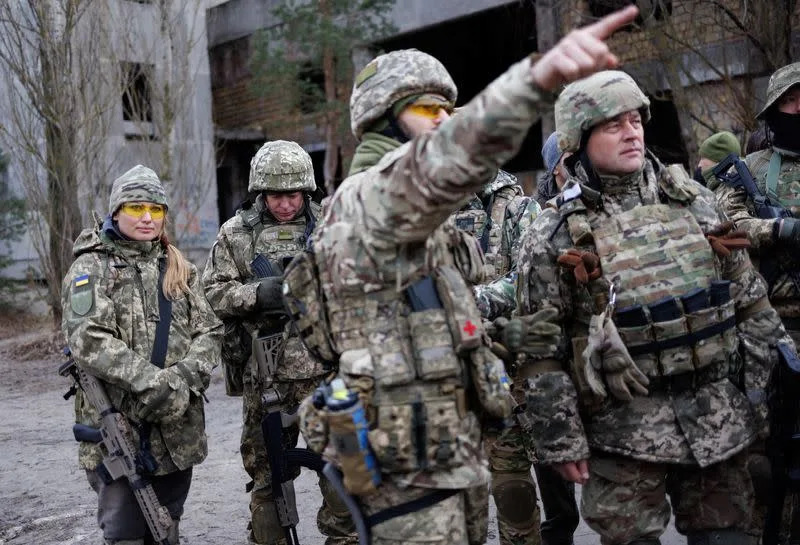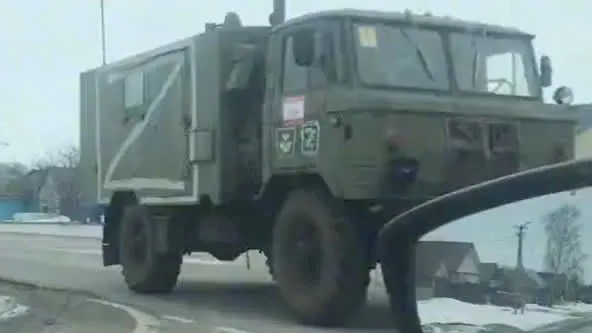The Holland Sentinel
Ray Buursma: Short-sighted GOP moves against teachers created a mass exodus
Ray Buursma – February 18, 2022
Michigan’s Teacher Shortage
This could easily be the new mantra directed at today’s teachers, hurled not by students, but by former politicians and certain segments of today’s society.
Michigan is witnessing the effects of a decade-old set of legislation initiated by former Gov. Snyder and GOP legislators intent on hammering educators. Their efforts produced the conditions for today’s teacher shortage, a situation any reasonable person could have foreseen.
The teacher shortage is so severe that Gov. Whitmer is dangling a couple thousand bucks as bonus money to entice college students to enter the profession and retain teachers currently serving but considering leaving.
The teacher shortage is so severe that substitute teachers need have only two years of college education, which took the place of needing three years, which took the place of needing four years, which took the place of needing a teaching certificate.
The shortage is so severe that bus drivers and support staff without college education may serve as substitute teachers. Today, a person needs more training to transport students in a bus than to teach students in a school.
The shortage of teachers is so severe that Michigan’ legislators are considering allowing college education students without a degree or teaching certificate to teach classes of their own, as if they were already degreed and certified.
If the state of Michigan’s teacher pool is not empty enough now, wait and see what it will look like in five years. The pool is drying, and Snyder and GOP legislators are responsible for the evaporation.
This downward trend began when a businessman-turned-politician and GOP lawmakers threatened to cut $350 per student from any district not adopting Snyder’s “best practices” — a set of actions Snyder demanded districts implement. That was the first salvo against educators.
Others followed.
Teachers, who had taken meager pay increases to retain favorable insurance benefits, learned they were required to “contribute” 20 percent of their insurance premiums. Of course, no salary increases were offered to offset the raises they had previously foregone to keep their insurance policies strong.
Teachers entered the profession receiving low salaries but counted on yearly step increases. Then they watched Michigan’s Republican government pass legislation that gave school districts power to withhold step increases. School districts did just that.
Teachers, who had continued working while their union hashed out contracts, found themselves unable to receive retroactive pay hikes after contracts were settled. New state laws forbade such increases. Superintendents and board members had little motivation to settle contracts. The longer they waited to sign new contracts, the less they needed to pay teachers cost of living increases.
Teachers, whose unions once could bargain until contracts were reached, learned school boards had been given power to impose contracts upon teachers. Board members could simply declare negotiations at an impasse and force teachers to accept the district’s most recent offer.
Teachers, whose unions had been able to collaborate with districts to develop evaluation processes and standards, lost that ability and learned they had no say in developing professional evaluations.
Teachers once knew they would receive a pension upon retirement, but new teachers no longer have that benefit. GOP legislator Arlan Meekhof orchestrated that fiasco.
All these short-sighted actions have reaped what any level headed person could have predicted — practicing teachers are happy to retire as soon as they can, and college students are reluctant to enter the profession. The teacher shortage is beginning, and its severity will only increase.
If these disincentives were not enough to demotivate educators, add the hardships of teaching during the COVID-19 pandemic and the frustrations of serving as whipping boys for parents who dislike COVID regulations. Many teachers have had enough, and college students are reluctant to enter the profession. Enrollments in Michigan teacher preparation programs have dropped substantially.
If parents are not yet frustrated with the inability of their children’s schools to hire enough competent educators, they will be soon.
The wave of shortages is coming. It has already hit lower socioeconomic districts (poor people always bear the brunt of society’s problems first) like Detroit and Grand Rapids. Eventually it will make its way throughout the state. Current legislators are trying to stop the flood with sponges and mops, but those efforts will be futile.
As frustrations mount, remember who bears responsibility. The anti-teacher initiatives were launched by Snyder and GOP legislators. They are the culprits, and the citizens who elected them also bear responsibility.













